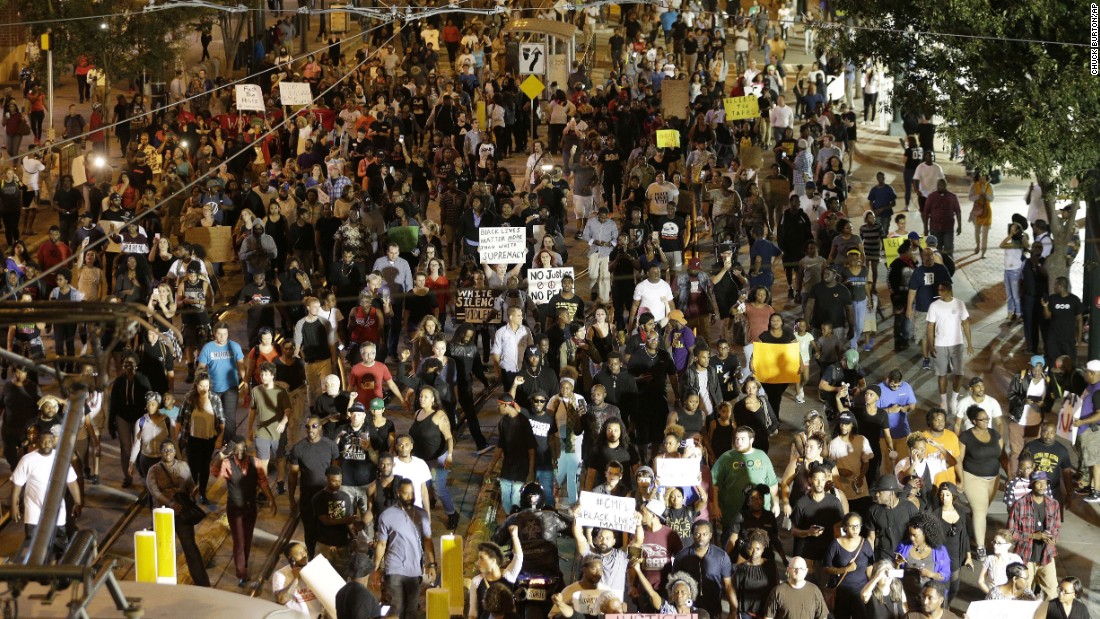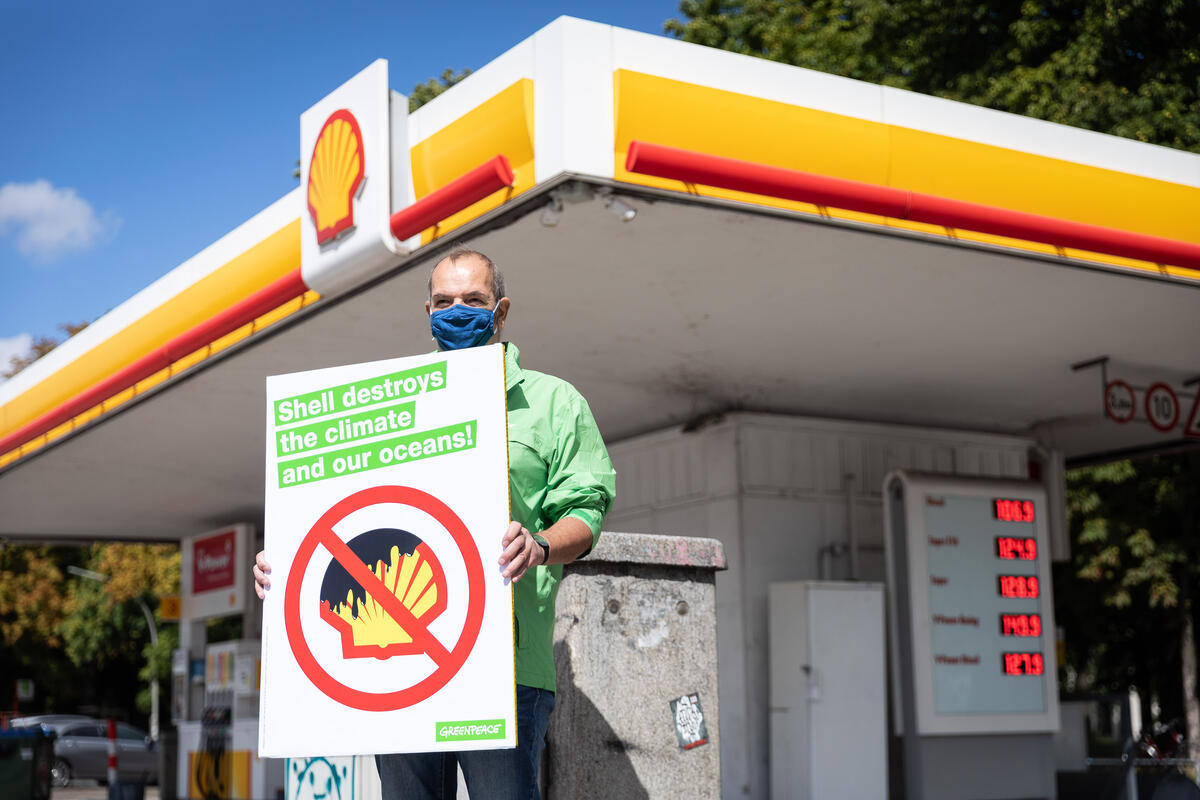Greenpeace Appeals Against $660 Million Ruling: A Turning Point In Environmental Advocacy
Greenpeace, a globally recognized environmental organization, has announced its decision to challenge a court ruling that demands the organization pay an astronomical $660 million to an energy corporation due to pipeline protests. This verdict has ignited a fierce debate concerning the role of activism in environmental protection and whether such penalties might inhibit future efforts to safeguard the planet. This article delves into the background, implications, and potential outcomes of this landmark legal case.
Meta Description: Greenpeace faces a $660 million verdict over pipeline protests. Explore the case's background, its impact on activism, and the broader implications for environmental advocacy.
This case underscores the escalating tension between corporate entities and environmental activism. As the struggle over natural resources intensifies, the legal system is increasingly being leveraged as a tool to stifle dissenting voices. This article aims to provide a comprehensive analysis of the situation, exploring the legal, financial, and ethical dimensions of the verdict.
Read also:Clippers Triumph Over Hornets A Night Of Dominance
By comprehending the intricacies of this case, we can gain a deeper appreciation of the challenges faced by organizations like Greenpeace and the significance of safeguarding the right to peaceful protest in the pursuit of environmental justice. Let us now examine this significant legal development in greater detail.
Table of Contents
- Understanding the Case Background
- Navigating the Legal Battle
- Assessing the Financial Impact on Greenpeace
- Exploring Ethical Considerations
- Setting a Legal Precedent
- Support for Greenpeace Amidst Challenges
- Corporate Responsibility in Environmental Issues
- Public Opinion and Media Influence
- Implications for Future Environmental Protests
- Conclusion
Understanding the Case Background
The conflict between Greenpeace and the energy corporation originated from a series of protests targeting pipelines responsible for transporting fossil fuels. Greenpeace's campaign sought to highlight the environmental and social repercussions of these pipelines, contending that they significantly contribute to climate change and negatively impact local communities.
During these protests, activists utilized various non-violent strategies, such as blockades and sit-ins, to disrupt pipeline operations. The energy corporation, however, asserted that these actions resulted in substantial financial losses and subsequently filed a lawsuit demanding damages. The court's decision to award the corporation $660 million in compensation has shocked and dismayed environmentalists globally.
Key Events Leading to the Verdict
- Protests commenced in 2018, targeting several major pipelines.
- The energy corporation initiated legal proceedings in 2020, alleging economic harm caused by Greenpeace.
- In 2023, the court ruled in favor of the energy corporation, imposing a massive fine on Greenpeace.
Navigating the Legal Battle
The legal proceedings in this case have been intricate and contentious. Both parties presented compelling arguments, with Greenpeace stressing its right to engage in peaceful protest and the energy corporation focusing on the economic damage caused by the protests.
Critics argue that the verdict establishes a perilous precedent, potentially deterring other organizations from participating in similar activism. The case also raises questions about the judiciary's role in balancing corporate interests with the public's right to advocate for environmental protection.
Read also:Unusual Dual Rally In Stocks And Bonds A Closer Look
Legal Strategies Employed
- Greenpeace leaned on constitutional safeguards for free speech and assembly.
- The energy corporation claimed the protests constituted unlawful interference with business operations.
- Both sides presented extensive evidence, including expert testimony and financial data, to support their claims.
Assessing the Financial Impact on Greenpeace
The $660 million fine poses a significant financial burden for Greenpeace, which relies heavily on donations and grants to sustain its operations. If the verdict is upheld, the organization may face severe budgetary constraints, potentially jeopardizing its ability to continue its essential work.
Supporters of Greenpeace have launched fundraising initiatives to assist with the costs associated with the appeal. These efforts have garnered significant attention and underscore the importance of maintaining financial stability for non-profit organizations engaged in environmental advocacy.
Potential Consequences
- Reduced funding for future campaigns, impacting the scope and effectiveness of Greenpeace's initiatives.
- Increased scrutiny of organizational finances, necessitating greater transparency and accountability.
- A shift in focus toward more financially sustainable initiatives to ensure long-term viability.
Exploring Ethical Considerations
At the heart of this case lies a fundamental ethical question: Should corporations be permitted to utilize the legal system to silence environmental activists? Many contend that the right to protest is a cornerstone of democratic societies and should not be compromised, even in the face of economic pressures.
Others argue that businesses have a legitimate interest in safeguarding their operations from disruptive activities. Striking a balance between these competing interests is crucial for ensuring that both corporate and social responsibilities are upheld.
Key Ethical Issues
- The delicate balance between freedom of expression and economic rights.
- Corporate accountability in addressing environmental concerns.
- The judiciary's role in mediating disputes between activists and corporations.
Setting a Legal Precedent
This case has the potential to establish a legal precedent that could influence future disputes between corporations and activists. If the verdict is upheld, it may embolden other companies to pursue similar legal action against organizations advocating for environmental causes.
Alternatively, if Greenpeace's appeal is successful, it could reinforce the importance of protecting activists' rights to engage in peaceful protest without fear of financial repercussion.
Precedents in Similar Cases
- Prior cases involving corporate lawsuits against activists have resulted in varied outcomes, reflecting the complexities of such disputes.
- Some courts have ruled in favor of activists, citing constitutional protections as a basis for their decisions.
- Others have sided with corporations, emphasizing the need for economic stability and protection of business interests.
Support for Greenpeace Amidst Challenges
Greenpeace has garnered widespread support from environmentalists, human rights organizations, and members of the public who believe the verdict is unjust. Many have expressed concern that the ruling could have a chilling effect on activism, discouraging individuals and groups from speaking out on critical issues.
Several prominent figures in the environmental movement have voiced their support for Greenpeace, highlighting the organization's long-standing history of successful campaigns and its unwavering commitment to protecting the planet.
Forms of Support
- Donations to Greenpeace's legal defense fund, helping to cover the costs of the appeal process.
- Public demonstrations in support of the organization, raising awareness and solidarity among activists.
- Social media campaigns aimed at educating the public about the case and its implications for environmental advocacy.
Corporate Responsibility in Environmental Issues
The case also highlights the broader issue of corporate responsibility in environmental matters. As the world confronts the challenges of climate change, it becomes increasingly vital for businesses to adopt sustainable practices and prioritize environmental protection.
Some argue that companies should be held accountable for the environmental impact of their operations, rather than focusing exclusively on financial gains. This perspective underscores the need for a more holistic approach to corporate governance that balances economic and ecological concerns.
Examples of Corporate Responsibility
- Companies investing in renewable energy sources to reduce reliance on fossil fuels.
- Implementing stricter environmental regulations within operations to minimize ecological damage.
- Collaborating with environmental organizations to promote sustainability and foster a more sustainable future.
Public Opinion and Media Influence
Public opinion on this case is divided, with some supporting the energy corporation's right to seek damages and others defending Greenpeace's right to protest. Media coverage has played a pivotal role in shaping perceptions, with various outlets focusing on different aspects of the story.
Social media platforms have been instrumental in amplifying the voices of activists and generating interest in the case. This digital engagement has helped raise awareness about the broader implications of the verdict and the importance of protecting environmental activism.
Media Influence
- Traditional media concentrating on the financial aspects of the case, emphasizing the scale of the fine.
- Social media platforms emphasizing the ethical dimensions of the conflict, highlighting the broader implications for activism.
- Documentaries and investigative reports exploring the background of the dispute, providing a more nuanced understanding of the issues at stake.
Implications for Future Environmental Protests
The outcome of Greenpeace's appeal will have far-reaching implications for future protests and activism. If the verdict is upheld, it may lead to increased legal risks for organizations engaged in similar activities, potentially chilling their willingness to take bold action.
Conversely, a successful appeal could strengthen the resolve of activists and encourage greater participation in environmental advocacy. The case serves as a reminder of the ongoing struggle to balance corporate interests with the need for environmental protection.
Possible Outcomes
- Increased legal scrutiny of protest activities, necessitating greater caution and strategic planning.
- More robust legal protections for activists, ensuring their rights are safeguarded under the law.
- Greater collaboration between corporations and environmental organizations, fostering a more cooperative approach to addressing environmental challenges.
Conclusion
The case of Greenpeace appealing against the verdict ordering them to pay $660 million to an energy corporation for pipeline protests underscores the complex interplay between corporate interests and environmental activism. As the appeal progresses, it is crucial to consider the broader implications of the verdict and the importance of protecting the right to peaceful protest.
We encourage readers to remain informed about this case and to support organizations working tirelessly to protect our planet. By engaging in meaningful dialogue and taking action, we can help ensure that environmental advocacy remains a vital component of the global effort to combat climate change.
Feel free to share your thoughts in the comments section below and explore other articles on our site for further insights into environmental issues and activism.


